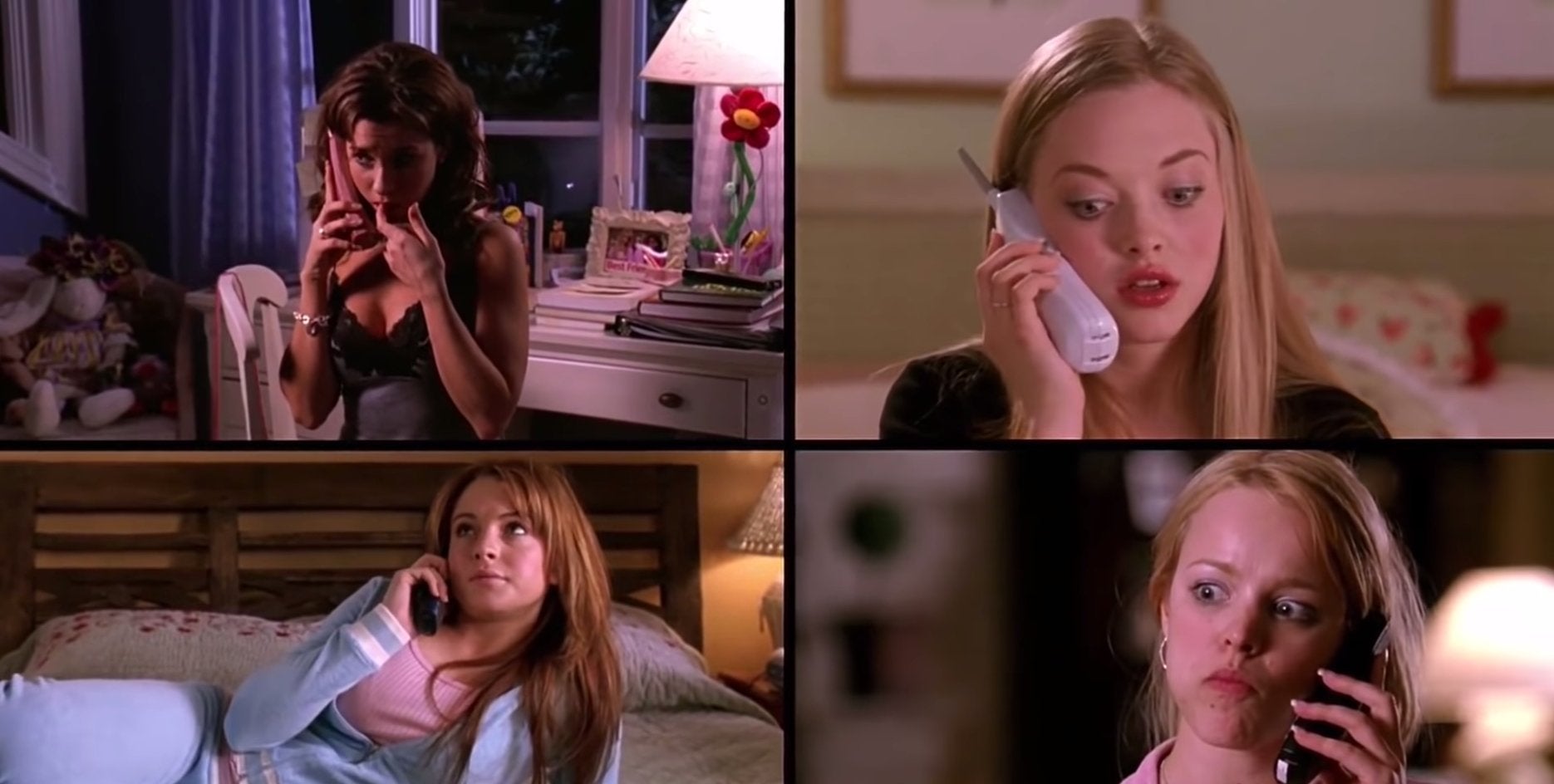The world has gone into a pink overload since the premiere of Greta Grewig’s Barbie movie, back in July. Ever since the first glimpses into the story, doll lovers and women all around the world had been expecting the day they would finally discover the plot and, let’s face it, how much pink did Gerwig use to cause a shortage of paint in that color. July 20th came around and the cinemas were a sea of fashionistas, all in one same color: Pink! From simple sweaters to elaborate cosplays of Barbie dolls, Greta’s movie created a new found love for femininity.
However, since the release of the film, many news outlets and social media pages have questioned if women took their childhood love for a simple doll a little too far, with some even claiming them to be hysterical and childish. Women’s passions and femininity have always been seen as futile, while men can dress up as Spider-Man or any other of their favorite superheroes and be classified as passionate and loyal. Therefore, women have always hidden or hated on their own likings, since being a woman in this world is to bend over backwards to accommodate patriarchal ideals.
2000’s Aesthetic: Hating Pink or Hating Women?
The 2000’s cinematography is like no other, however, it’s undeniable that, in most movies, femininity is represented as futile and a factor that made a woman inferior to men – liking makeup basically meant to be condemned as “the dumb blond” or merely the love interest. Fragility and caring about our looks was looked down upon as an incompetent member of society, therefore, to love your appearance is to be seen as superficial and a way to compensate for the lack of intelligence. Since patriarchal ideals stipulate that women can’t possibly be pretty and smart, all at once.
Think back to any 2000’s teen movie, and you’ll easily find a series of examples of hyper feminine and popular women who were automatically described as “ditzy” or even “mean”. Although iconic, Mean Girls is an evident example of the hatred for femininity. Regina George and her “plastics” loved to take care of themselves, and most of them weren’t precisely what society considers smart – take Karen for example, who thought could predict the weather by holding her boobs. As the movie progresses and Cady, interpreted by Lindsay Lohan, starts taking a liking for makeup and discovering her femininity, she becomes more like the plastics and loses her sense of self control.

How is the movie solved? “When you get bit by a snake, you’re supposed to suck the poison out. That’s what I had to do, suck all the poison out of my life”, is the life lesson that Mean Girls brings towards the end of the story. It is only when Cady eliminates any feminine liking from her life that she regains her sense of humanity, as if she couldn’t have it while wearing makeup.
However, the women seen as “tomboys”, which couldn’t care less about the color pink or makeup, catered to men and made them more likable to the male gaze. And what happens at the end of every one of these movies? She gets the hot jock boyfriend who likes her for being different. In every scenario, the lesson to be learnt by those films was: to be strong and smart is to reject femininity, but not as much as to become undesirable to the male gaze. Since the beginning of time, female traces have been categorized as evil, from Adam and Eve to the hatred men had in seeing girly women become successful.
Legally Blonde was one of the only 2000’s movies that broke the cycle. Elle Woods, interpreted by Reese Whiterspoon, was majoring in fashion marketing, president of her sorority and her fire color was clearly pink. What could you expect from her? To sit and look pretty. However, she proves patriarchal society wrong by getting into Harvard Law School by her own resources and soon becomes one of the best in her class. Feminine, smart and kind, all combined for the first time in cinema.
Hysterical X Passionate
“There’s a different vocabulary for men and women, in the music industry. A man does something, it’s strategic. A woman does the same thing, it’s calculated. A man is allowed to react. A woman can only allowed to overreact”
Taylor Swift
What Taylor Swift describes as the vocabulary for men and women in the music industry comprehends the idea of patriarchy. Football fanatics are seen taking their shirts off and painting their faces, simply because they are passionate. Some even cry when their favorite team loses, considered loyal. However, let’s take female fandoms into consideration, such as the Taylor Swift fanbase. The singer’s fans went into crisis mode when she announced tour dates in Brazil, and soon enough there was a mile long line to the entrance of the stadium to buy tickets – besides the astronomical queue online.
Swifties that couldn’t get tickets cried while still in line and, in some way, mourned knowing that they would not be able to see the artist live. Were they labeled as passionate? No, they were hysterical even as they did the same thing as football lovers. That same scenario replicates in the movie industry, as superhero lovers – as long as they are men – can dress up as their favorite character, cry in the movie theaters with the death of their heroes and criticize studios online for not being faithful to the comics.
Women all over the world dress up as their favorite doll or just in pink attire, and soon enough they are portrayed as childish by the media and patryarchalist individuals. Weren’t women doing the same thing as male superhero fans? Yes, however, they are doing it in a feminine way, which turns it evil and poisonous. Therefore, women are disrespected by the media simply for being women.
Embracing femininity
The Barbie premiere brought the embracement of femininity for many women around the world, allowing them to be unapologetically themselves and accept their girlhood. Gerwig’s film made women and young girls around the world take a step back and look at what made them become who they are. From the pink skirts, to the makeup, and to the success they once admired in an old plastic doll.
———————-
The article above was edited by Juliana Sanches.
Like this type of content? Check out Her Campus Casper Libero for more!



